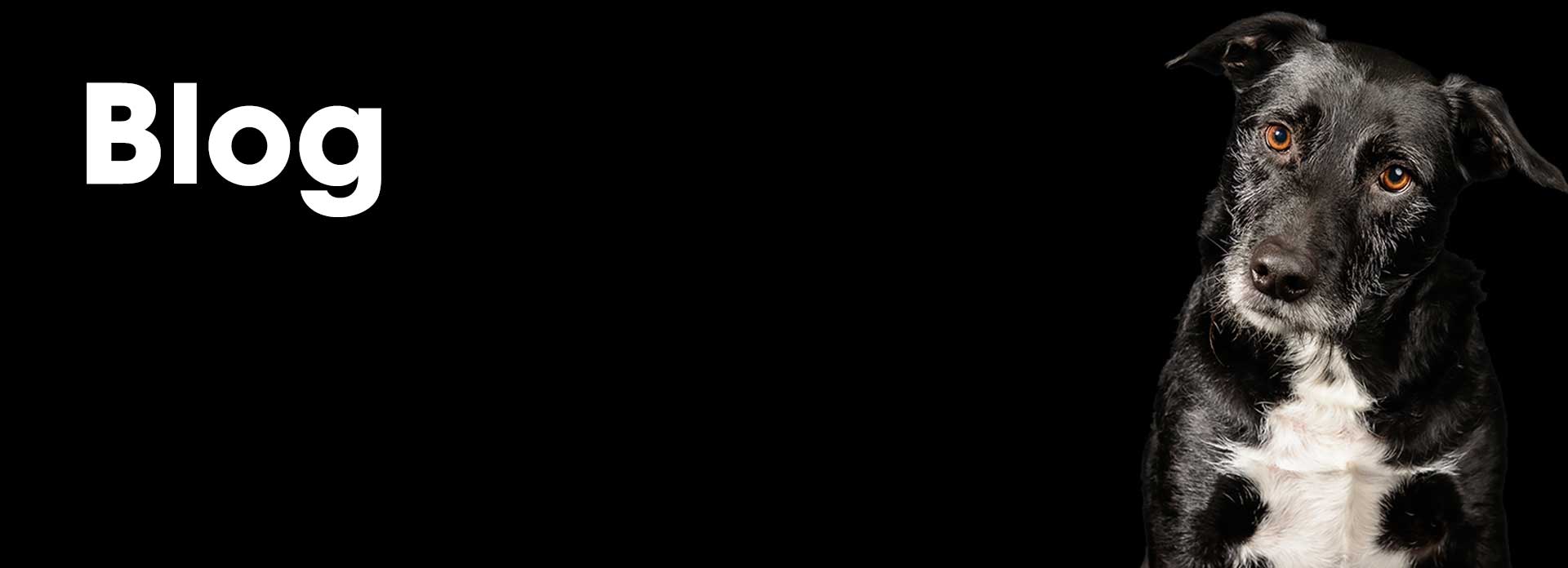You’d think after thousands of years of domestication and breeding that we humans would better understand what’s going on in the puppy brain, but puppies can indeed be confounding to those who haven’t studied them in depth.
We love to touch and hold them, talk to them, and play with them, but teaching them to live in our world successfully takes a bit more effort. Here are the basics, which are good for both the puppy and its new people:
1. Proper confinement is crucial. Too much freedom leads to confusion and problems that can be prevented. Crate training is a great way to housebreak puppies and dogs as well as teach structure and rules. But it’s important to use the crate wisely, and to keep using it until the puppy or dog needs it less.
When they are young, puppies should only be crated for short periods (often multiple times a day and overnight), but they cannot be allowed to roam freely without supervision. Adolescents and adults can be crated for longer, but all need frequent supervised breaks and proper attention during them.
Too many puppy and dog owners think confinement is cruel or unnecessary, and studies show that the frustrations of raising dogs without it often leads to relinquishment. This is our fault, not the dog’s. No dog was ever surrendered to a shelter because he/she had too much structure; the opposite, however, is often true.
2. Proper socialization is lifesaving. Unless you gently and calmly expose your puppy to the sights, sounds and smells he or she will encounter in his new world, he/she will become fearful and be much more difficult to deal with down the road. From eight weeks to six months, proper socialization doesn’t mean dog parks. It means taking pup to calm places with you, to meet calm, happy people and calm, happy known dogs if possible, and to gain confidence in safe environments.
3. Stop assuming knowledge that pups do not possess. Puppies come into the world with genetic predispositions to certain hardwired behaviors, including knowing that they belong in a social group. Everything they need to know about living peaceably and safely in a home with humans, however, requires that the humans teach it. Assume ignorance before assuming spite, dominance, jealousy, or guilt. Dogs simply do not behave for these reasons. Consider the puppy an alien on a strange planet, and show him what he needs to do to be a good boy, instead of waiting for him to figure it out, or worse, to make mistakes. Reward the behaviors you like, and gently stop the ones you don’t while redirecting back to the right ones.
4. Be proactive instead of reactive. Don’t leave puppy to his or her own devices and then become angry or frustrated when the puppy cannot read your mind. Dogs and puppies behave in certain ways because it’s all they know to do. Punishing and scolding after-the-fact is counterproductive to relationship. Catch your puppy doing the right things, or steer him down the Righteous Path, and reward those behaviors. Prevent mistakes by using confinement and supervision properly, and make sure puppy gets enough rest. A tired puppy is a cranky, mouthy puppy.
Don’t forget about training! A good training class like our Basic Training Class for Dogs can be very helpful in getting your pup started right.

